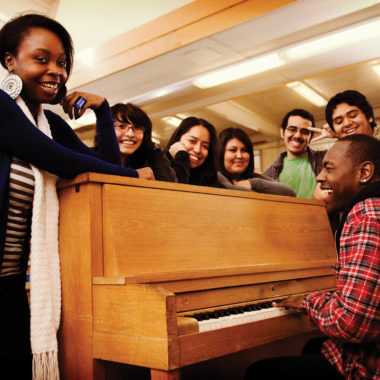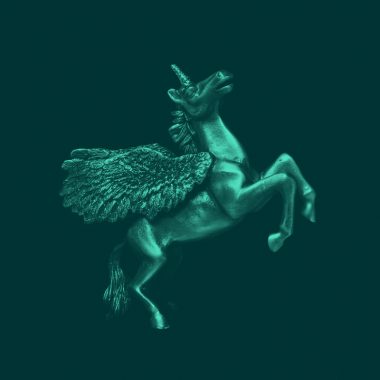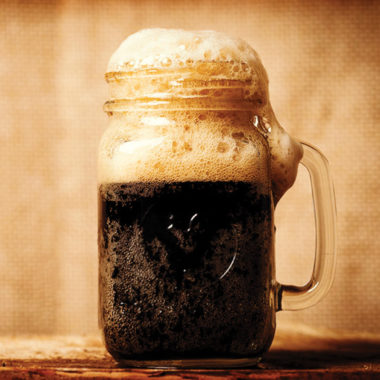Why Are Singing Groups Called “Glee Clubs”?
These infamously chipper singing groups are called glee because the melding of voices makes everyone happy, right? Actually, joy has little to do with it. Why are they really called glee clubs? Yes, one definition of glee is “open delight or pleasure,” e.g., The students ran out of the building on the last day of school with glee.Glee derives from the Old English glēo, meaning “mirth, jesting, …











